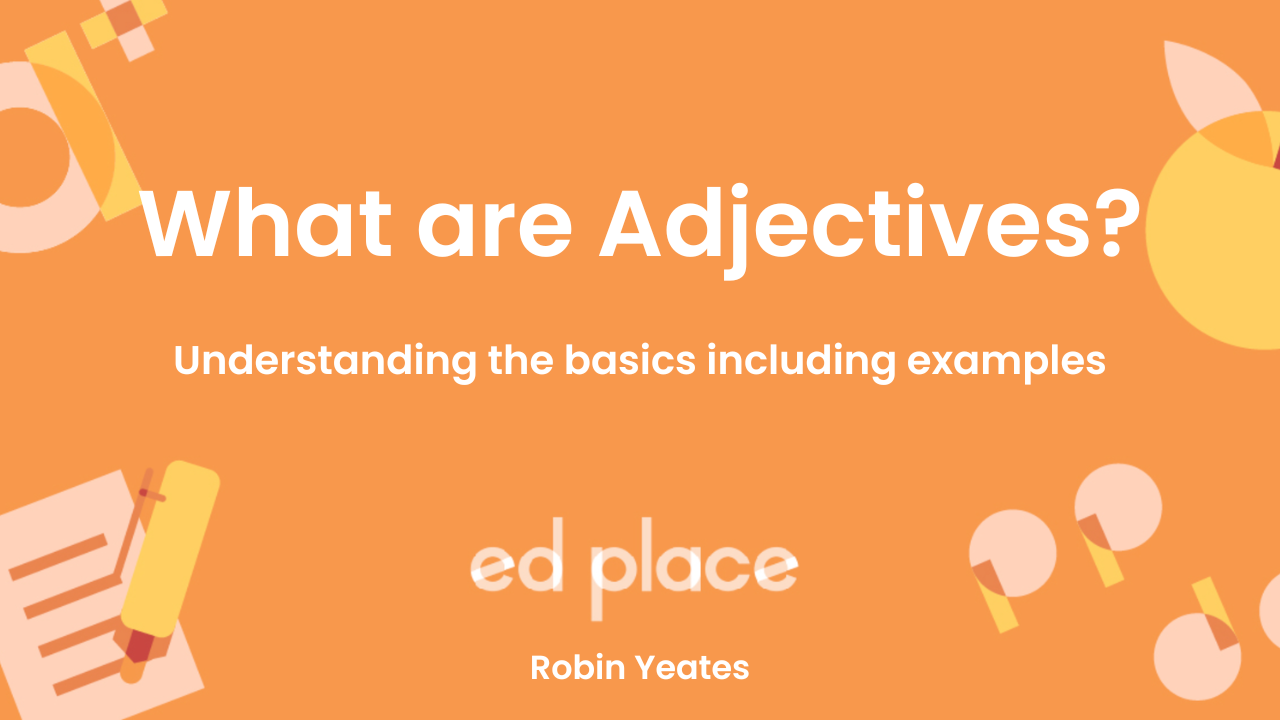What is Sound?
Quick soundbite: it’s the vibration of particles that move from where the sound was made to where you hear it (your ear), usually through the air.
Sound Explained
Hello?
Did you hear that?
No?
HELLOOO!
Did you hear that...?
Of course not! You’re reading this, silly! But what if you did hear someone shout, "HELLOOO! " to you? How is this possible?
Well, what’s between you and them? Air!
Air is made of tiny particles (called atoms and molecules) and when someone speaks they ‘push’ these air particles with their voice. It’s similar to throwing a stone into a pond; little ripples spread out from where it lands - this happens when you make a sound and it's called SOUND WAVES!
Clap your hands!
You just set a load air particle ripples in motion, all moving away from you.
So, how do you actually hear sounds?
Ears, of course! Those waves of moving air particles vibrate against your ears, hitting your eardrums which then let your brain know you've just heard yourself clap! Neat, right?
We call the movement of the air particles, vibrations.
Did you know “in space, no one can hear you scream”? Oo, scary! But it’s true! In space, there’s no air, so no air particles to move and carry the sound; we call that a vacuum.
Did you know liquids and solids transmit the sound faster than gases?
Next time you’re in the bath, try this: Dip one ear under the water and tap the side of the bath with your toe – hear that? It’s loud! Water particles are much closer together than air (gas) particles, so they vibrate and carry the sound faster.
What about solids?
Get your friend to tap the radiator in a different room to you. You can’t them tap it, but you’ll know as the metal pipes transmit the sound pretty much instantly – the atoms in the metal are very close together so the sound moves mega-fast!
So, that was fun! Why not check out these EdPlace worksheets to really sharpen up those Loud Sound skills?
Worksheets & Further Learning
You’ll love these awesome websites too:
https://www.dkfindout.com/uk/science/sound/
http://www.bbc.co.uk/education/clips/z9h6n39
https://www.youtube.com/watch?v=AGjxfx8sy6s
https://www.fizzicseducation.com.au/Free+experiments/light+and+sound.html
http://www.sciencekids.co.nz/sound.html


.png)
.png)
.png)




